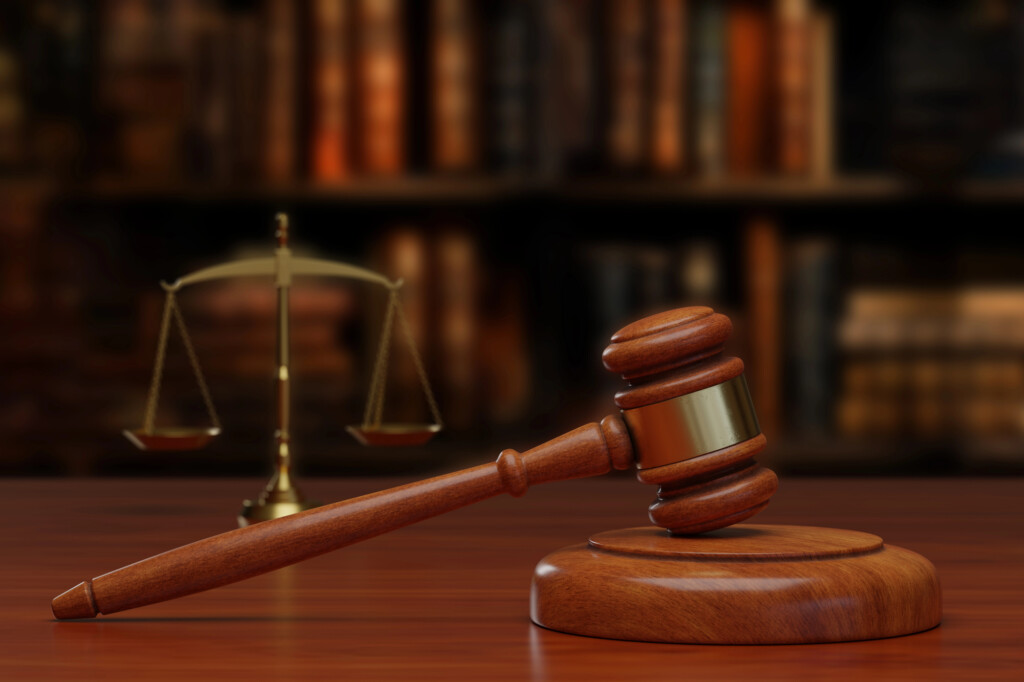A pre-trial hearing is a court session conducted before the formal start of a trial. It lets both sides address important matters, file motions, and occasionally settle the case without a trial. Did you know that in 2024, the number of pre-trial services cases activated by US courts rose 2% to 72,587? These included a 38% increase in immigration-related offenses.
Though the legal system can be difficult, one important question many plaintiffs and defendants ask is whether a case can be dismissed at a pre-trial hearing. The short answer is yes. Under some conditions, a judge can dismiss a case before it goes to trial.
Both sides have the opportunity to file motions—including motions to dismiss—during pre-trial hearings, which can be based on various legal grounds. A case might be dismissed before the trial formally starts, whether, among other things, there is insufficient evidence, procedural mistakes, or constitutional infractions.
Anyone engaged in a legal conflict must understand how such an outcome can be made possible.
Understanding Pre-Trial Hearings
In both criminal and civil cases, the pre-trial phase is critical. The pre-trial phase settles legal issues prior to the start of the trial.
In criminal cases, the word “indictment” is often used to convey that a prosecutor deems that the evidence presented to them is enough to convict a defendant. Indictment means a formal charge that someone has committed a crime. It is usually made by a grand jury when there is enough evidence to do so, and the case will go to trial unless thrown out before it.
During a pretrial hearing, both parties present their cases. You can argue and present evidence while the judge decides your case. This forum clarifies legal issues, timelines, and trial evidence. You should prepare well because such a hearing can change your case.
If a lawyer is representing you, they will explain this phase to you.
Grounds for Dismissal
Pre-trial hearing dismissals have several grounds. Insufficient evidence, where the prosecution fails to prove its case, is the most common reason for inadmissibility.
Other reasons include procedural errors such as improper filing or breaking the law. Examples include expired statutes of limitations. Cases would be dismissed.
In other cases, the courts may dismiss the case due to the constitutional rights violated. Examples include illegal searches and seizures. Finally, if a court lacks jurisdiction, the case will be dismissed.
The Role of Legal Standards
Legal standards mostly determine pre-trial case dismissal. Legal standards provide grounds for evidence and arguments. Therefore, judges considering dismissal usually apply legal standards to determine if a claim is legally founded. In a hypothetical case where evidence clearly shows failure to meet statutory requirements, the judge may rule out the court.
Legal standards encourage fairness because both parties see legal procedures followed. As you prepare for the hearing, knowing these standards will help you argue for or against the motion to dismiss.
Implications of a Dismissal
To the degree of the case, a dismissal at a pre-trial hearing can seriously affect both sides.
For the defendant, it signals the conclusion of a trial’s stress and ambiguity. You may be able to move past this matter without facing consequences or possibly a criminal record, among other worries. If you wanted vindication, though, you might experience some unresolved feelings.
For the plaintiff, dismissal could be frustrating, particularly if he or she genuinely thinks the case has value. It might seem like a setback that calls for more evidence collecting or a strategy review.
A dismissal could also call into question your credibility about upcoming cases. So, these consequences serve as guides for both sides toward a successful legal path.
Next Steps After Dismissal
Always be proactive in investigating all your potential paths following dismissal. Understand the entirety of the dismissal order and focus on anything that might support the restoration of your case. Discuss the prospect of an appeal with your attorney.
Should you be satisfied with the dismissal, ask about any means of having it removed from your record. Then consider any lessons acquired that could benefit you going forward. Monitor any legal changes that could potentially impact or relate to you.
Your attorney should be with you every step of the way in dealing with the dismissal. Don’t hesitate to ask questions and advise.
Photo Credit: DepositPhotos.com



